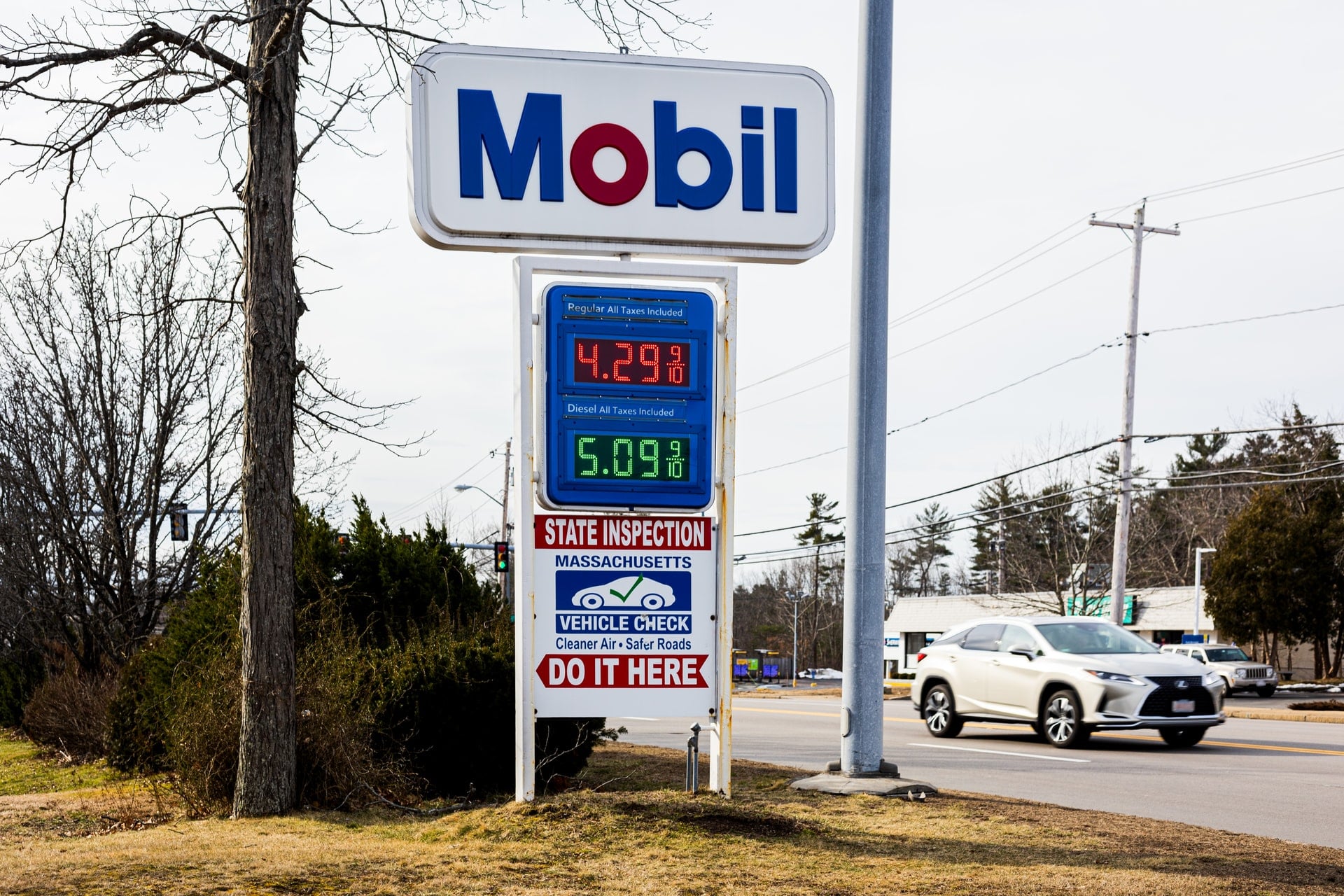Gas prices have increased steadily with a sudden surge in recent months. The demand from Europeans who depend on Russian oil is increasing America’s exports and shrinking the domestic supply. Lawmakers and politicians are searching for an answer to lower fuel prices. The national average for March 14th, 2022 is at a record high at $4.33 per gallon. It’s even higher in other states. California has reported an average of $5.75 per gallon. Capitol Hill has two obvious answers on the table. They could either incentivize more oil production or they could tap into the nation’s Strategic Petroleum Reserve. Research has proven that both of those options are short term relievers that could cause more problems down the line.
What is a Gas Holiday?
Many consumers and motor companies are on their way to electric vehicles. But most Americans still don’t have the infrastructure to support electric vehicles. However, a new bill has just been proposed on Capitol Hill calling for a Gas Holiday that would run until the end of the year. This would zero out all fuel taxes.
The federal fuel tax is ¢18.4/gallon, with higher taxes at the state level. California currently has a ¢51.1/gallon tax. This is almost a ¢70 tax per gallon for Californians. The new bill would completely remove that tax. In theory, this would help lower gas prices. The bill states this zero-fuel tax will continue for the rest of the year. There has been some buzz from Democratic lawmakers who support this bill and see it as a viable way of preserving the nation’s oil reserves. It also can help prevent an increase in drilling. It appears to be the best of both worlds, but many lawmakers aren’t convinced.
Will They Pass the Bill?
As of now, the bill seems unlikely to pass. With only a few democratic candidates supporting the bill with no Republican support, it doesn’t have the numbers. And the math doesn’t add up either. If you look at a person who drives 12,000 miles at 25 miles per gallon, this person would save around $70 with a gas holiday. That’s only one tank of gas in an SUV for instance. The estimated loss of taxes for the nation could be $20 billion or more. This is important because these taxes pay for work on public highways and pay government road workers. This means that without these taxes, infrastructure will weaken and long term costs for repairs will increase. This would cause an inevitable tax increase in the coming years to make up for the loss of income.
The worst part is that the bill itself, doesn’t protect American consumers. Oil companies are not guaranteed to pass this gas holiday to consumers. The bill has some contents to support consumers. Two sections include the following language:
“Consumers immediately receive the benefit of the reduction in taxes.”
“Transportation motor fuels producers and other dealers take such actions as necessary to reduce transportation motor fuel prices to reflect such a reduction.”
The enforcement of this language is negligible at best. Most importantly, there is only one small enforcement clause that calls for an audit of companies that do not pass the Gas Holiday to consumers. And these audits can drag on well past the expiration date of the Gas Holiday, meaning the average consumer will never see the Gas Holiday.
Is Congress Even Interested?
With all this controversy surrounding the Gas Holiday Bill, there is little support on Capitol Hill. Republicans have called it “Gimmicky” and something that will help very little short term and cause severe damage in the long term. As of now it seems to be more of a rallying cry for politicians and lawmakers and gives them talking points to appease their constituents. Florida lawmakers have agreed to a 1 month gas holiday that just so happens to pop up right before an election. Once the election is over, gas prices will return unless another bill is passed.
Some States Are Planning a Gas Holiday Anyway
The Gas Holiday is a tool that policy makers have in their arsenal to battle rising gas prices, but it’s only a piece of the puzzle. One thing that Democrats who support this bill could do is make amendments to further hold oil companies accountable for passing these savings to consumers to help rally support. Some states have proposed bills that would roll out a Gas Holiday for a shorter period of time, and others have proposed bills to fight gas prices in other ways. Colorado, for instance, has proposed a bill to postpone the annual fuel tax increase. Of the 50 states, only 17 states have proposed some sort of Gas Holiday bill, with only Georgia and Florida potentially passing any incentive. Even if they roll out a gas holiday, it will be a long time before we see true relief at the pump.
With the rising costs, it may be more fuel efficient for you to ship your vehicle across country rather than drive.




